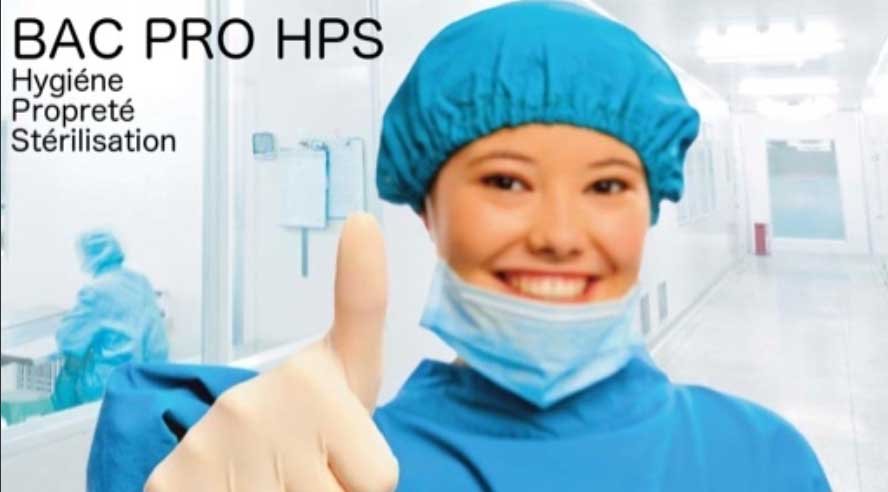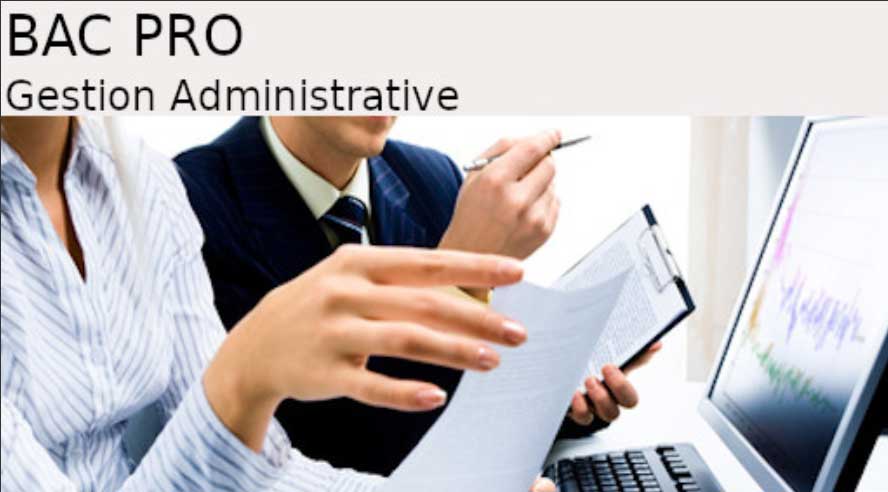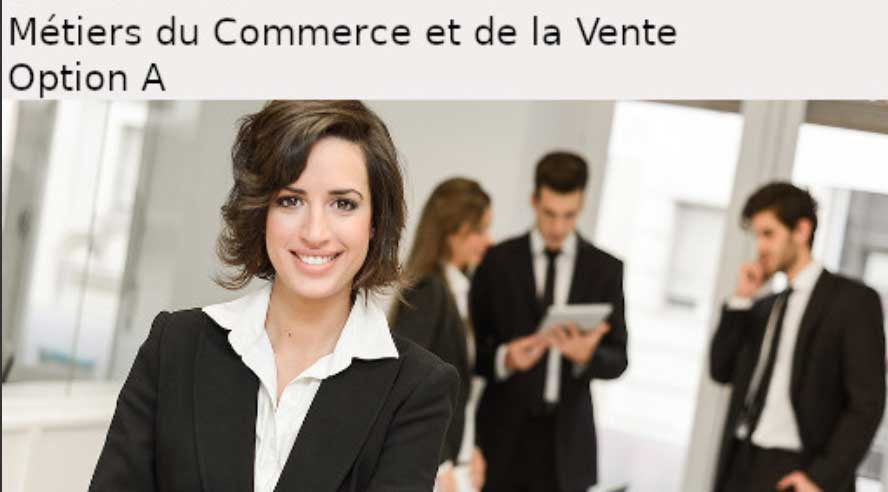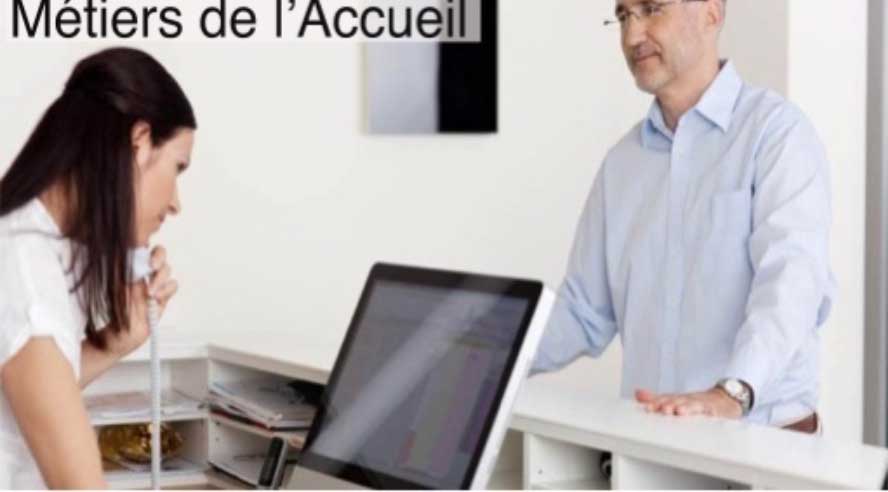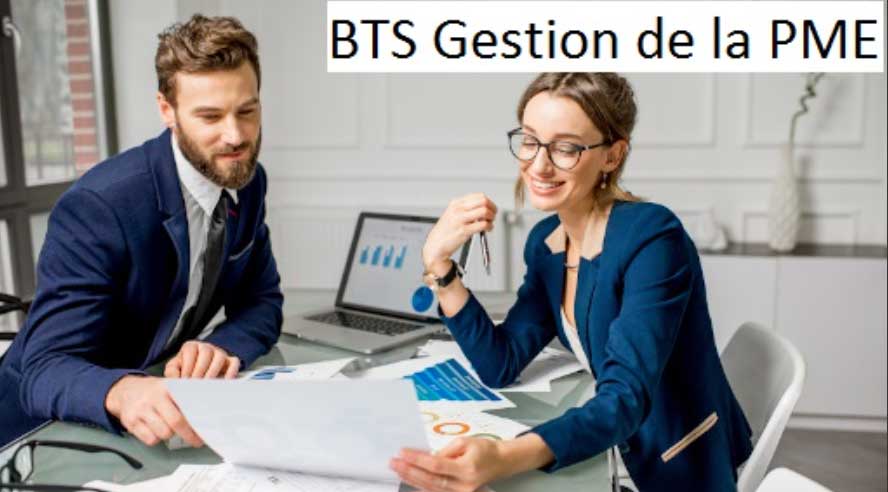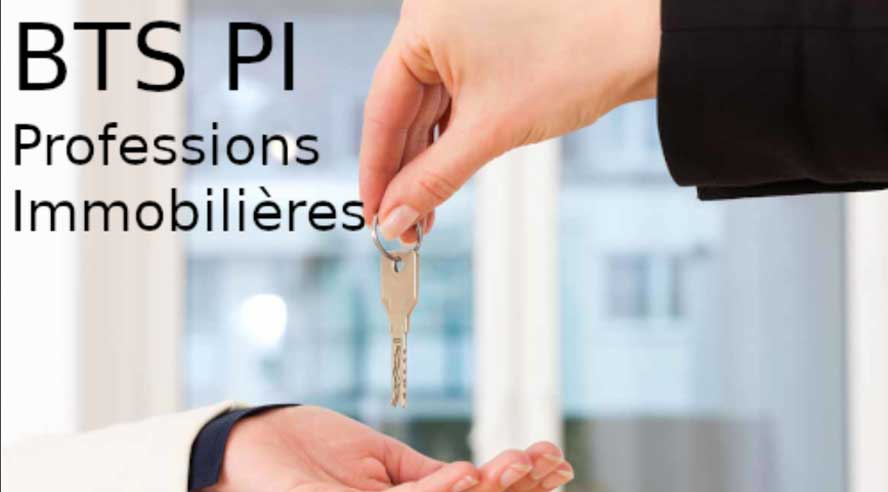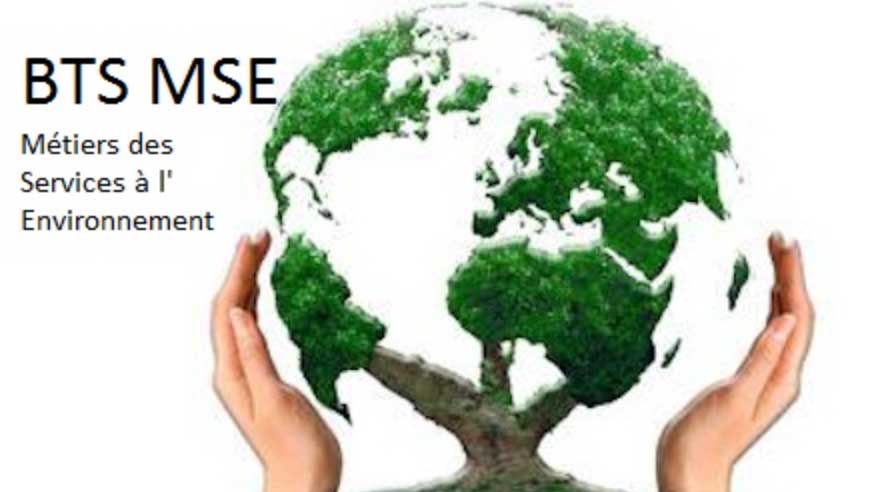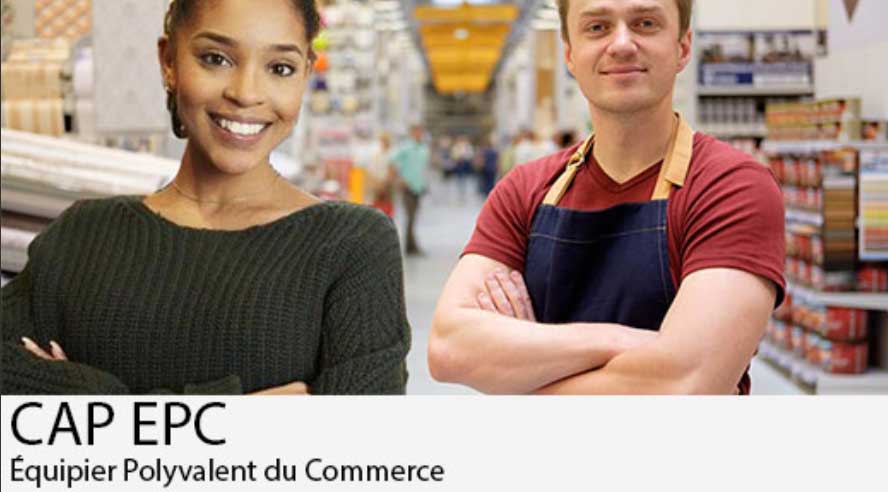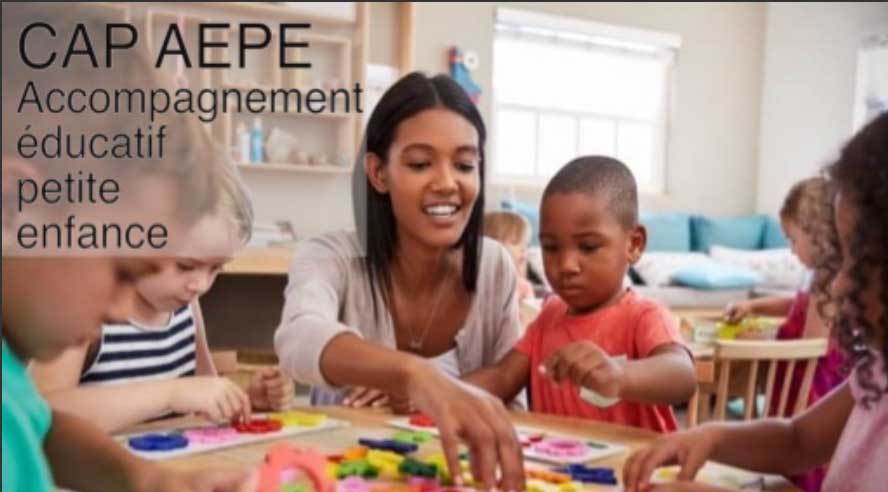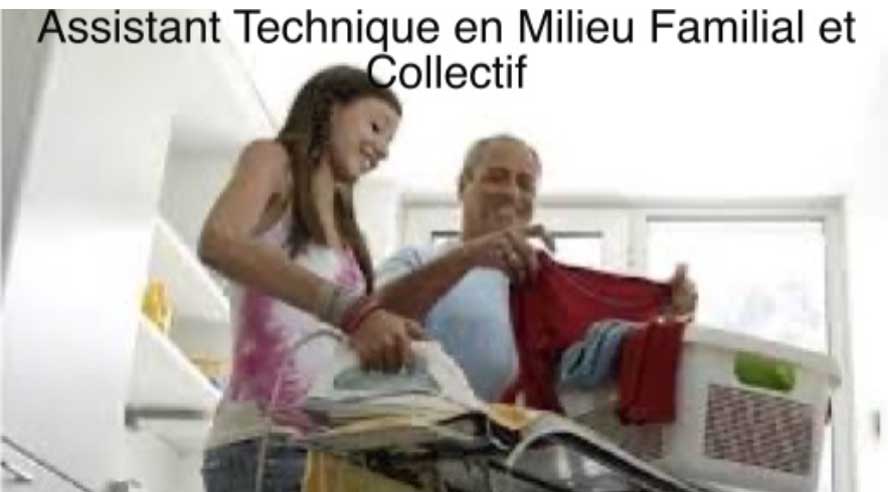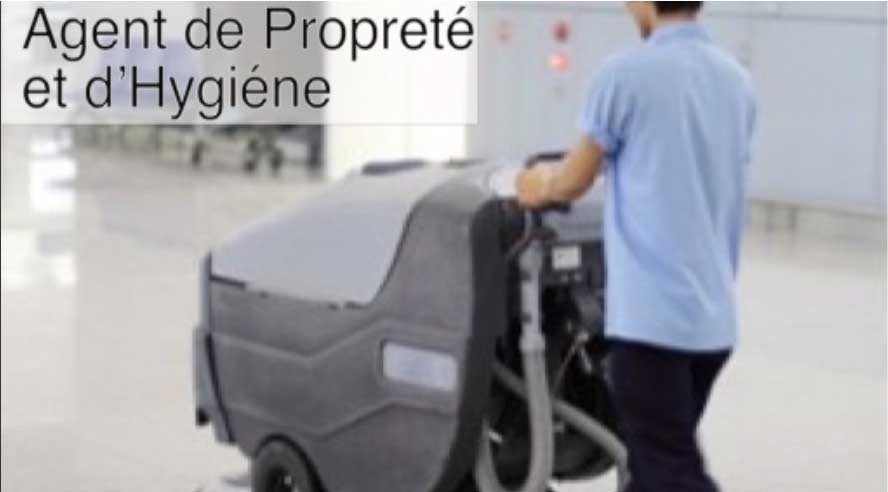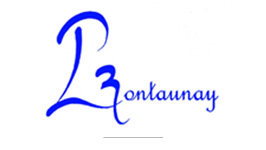
LP Julien de Rontaunay
Who we are
Full Name: LP Rontaunay
Region: Reunion Island
Type of Organisation, fields of activity:
Vocational high school
Our vocational school offers training in accounting, management, administration, sales and personal care We also have ULIS (Localized unit for inclusive education) which provides schooling for a small group of students with compatible disorders.
Target Group: Pupils from 14 to 19
What is particularly important to you?
Our project, which will last 3 years, is inscribed in the continuity of the work that has been implemented for many years in our school regarding citizenship (we are the only European Parliament school in the island) and a poli, and it aims at bringing awareness, generating and enhancing initiatives related to William Glasser’s Five Needs and Elements of Nonviolent Communication for all the students from the European partner countries concerned (Greece, Sweden Austria and Reunion Islan )
Why we take part in the project
We believe that participation in this project will contribute to the internationalization of our school and its continental upgrading by strengthening our European ties and expanding the horizons of the local community, and though we already have done many European projects, this will be our first participation in a KA2 strategic partnership.
this project will allow participants to:
– become aware that this matter concerns all of us
– have a better knowledge of their school in terms of social, democratic, and intercultural competences
– give meaning to learning – develop a sense of civic duty inside their school as well as in their families
– be ambassadors of their region during these various short-exchanges throughout Europe
– develop language skills
– discover other European cultures through this theme
– develop digital skills thanks to the use of the eTwinning platform, the creation of slide shows, videos, quiz, etc…
What we are we going to do in the project
Presentations by the students with the help of the teachers at our schools highlighting William Glasser’s Five Needs and Elements of Nonviolent Communication It will be made through different medias (slideshows, videos, photos, padlets), and presented during the first Learning, Teaching and Training activity. It will then be published on the project website
The pupils, together with the school project team of teachers and with cooperation of local collectivities, will prepare a survey which goal is to define the student’s involvement regarding William Glasser’s Five Needs and Elements of Nonviolent Communication, their sensitivity to the subject and their sense of responsibility as to that matter. The survey is going to be anonymous. The results are going to be presented and analyzed with all the partners’ participants during a Visio conference. The common survey will be done in English so that it is easily accessible to everyone. This task will allow the participants and target groups to have a closer look at our work and results and at the final issues linked to student’s drop out.
(IOS 2). The students will have made a presentation of local specific and historical events. They will identify the different actors of these events
Most Important: They will have to find a way on how to share these historical events with the other students of the three European schools.
We intend to build a mind map summarizing all the observations made after their school trip This task will allow students to become more aware of the past and its consequences on the present, the teachers will invite them to go outdoors and take a closer and better look at the remains of their historical past. The goal is to make them realize that these historical events from the past are very important Every participant will have access to this common map to have a first contact in anticipation with the places they will see on the video clip
(IOS2) Creation of a « local historical team » in the school (follow-up of the progress and achievements of each team through medias like videos, photos, padlets, mind map) and their actions. New students will ensure the continuity of the project by reading the diaries and journals written by the former students before them. – Video conferences (teachers and students) Visits of sites and places linked with the historical theme (Edmond Albius a former slave and his discovery of vanilla)
(IOS3) Creation of a collective digital quiz gathering all the information collected during the different previous exchanges and made by the students themselves.
All the activities made previously with the various medias used (slideshows, videos, diaries ) will help the students through the implementation of the quiz. Eventually, the students will answer this quiz during the last exchange.
Preparation of the final task for the last exchange, from their diaries and digital productions. Each team will take the existing logo, create a report on the project in the form of a slideshow or video. In this report will appear what was done in the school before the project and what is done, or which will be done now that most of the activities took place. Each team (IOS2 and IOS3) will prepare a workshop in the form of their choice for the major school events (European week, Erasmus days)
We hope that our work will have an impact on the local and regional level by the means of a local communication and dissemination for the project and through the research of local partners (associations, professionals, local press, and mass medias, etc…). We expect this project will have an influence on the participants, but also on their school staff, as well as the parents of the students involved, as the different activities will need the collaboration of people out of the project and working in the establishment and the collaboration of the families too.
Throughout these three years, this project will concern several groups of students from 14 to 16 years old, who will take over by writing and keeping a diary every step of the way, to maintain the project’s consistency. Thus, the project will include several activities planned through a clear logic. Moreover, the results of each activity will be communicated and published on the eTwinning platform if possible.
Contact
http://lycee-rontaunay.ac-reunion.fr/
Eliane Sagodira
Eliane-Mar.Sagodira [at] ac-reunion.fr
+33 0262 692 27 99 15








